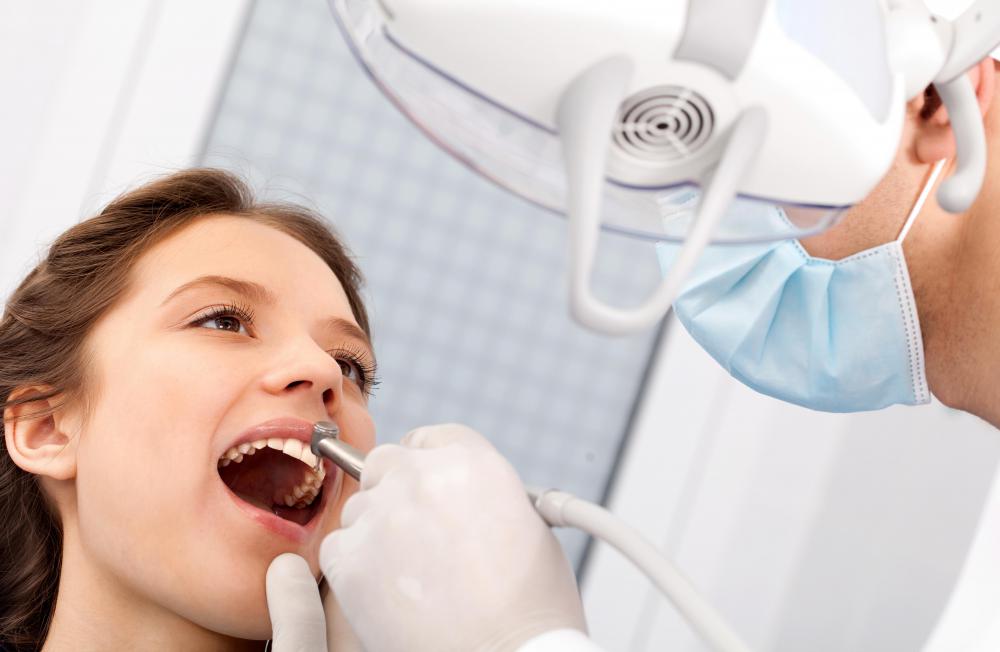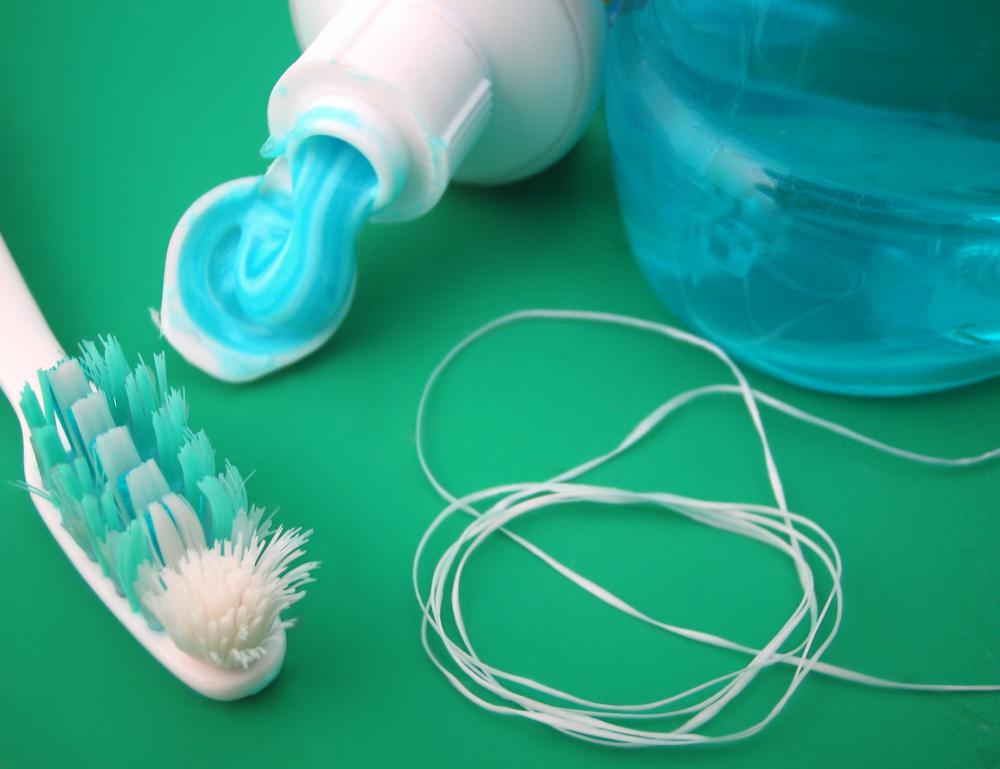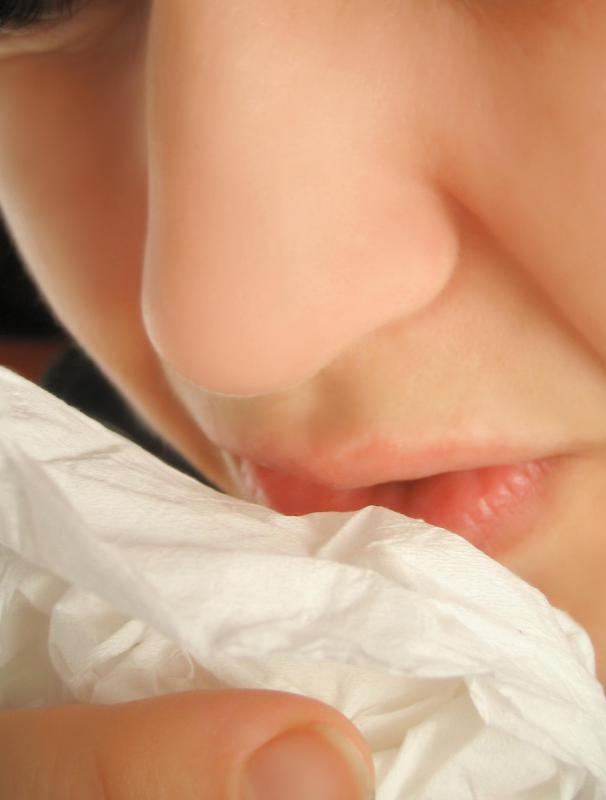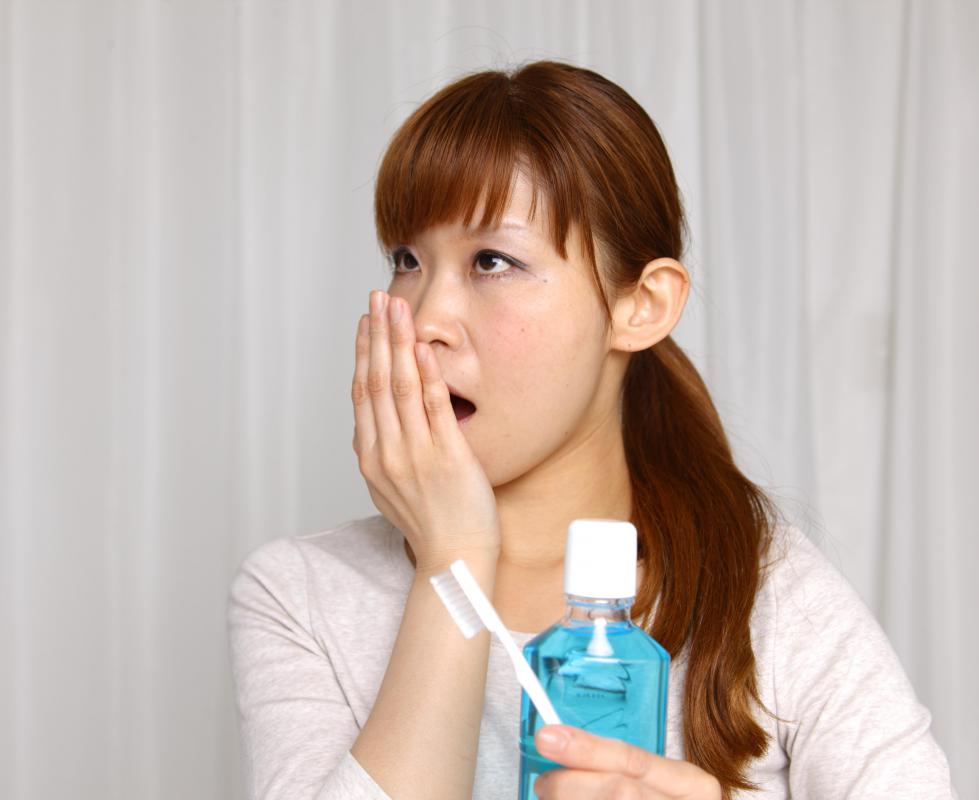At TheHealthBoard, we're committed to delivering accurate, trustworthy information. Our expert-authored content is rigorously fact-checked and sourced from credible authorities. Discover how we uphold the highest standards in providing you with reliable knowledge.
What Are the Common Causes of Yellow Saliva?
The color of your saliva can be a window into your oral and digestive health. When you notice a yellow tinge, it's natural to wonder, "Why is my spit yellow?" This color change may be linked to various factors, including the presence of bacteria or stomach acids.
According to a study published in the Journal of Dentistry, the oral microbiome can significantly influence saliva composition, and poor oral hygiene can lead to an increase in bacteria, potentially altering saliva's color. Additionally, the American College of Gastroenterology notes that acid reflux, affecting up to 20% of the U.S. population, can contribute to this symptom.
If your yellow saliva persists, it may be prudent to consult a healthcare professional to rule out infections or other underlying conditions requiring attention.

The presence of yellow saliva early in the morning may result from the buildup of bacteria on the teeth, tongue or other tissues in the mouth. This often results in halitosis, or bad breath, and can increase the likelihood of tooth decay. Bacteria in the mouth can usually be controlled by good oral hygiene practices, such as brushing and flossing regularly. Brushing or scraping the tongue is especially important for halitosis sufferers. If these measures are not sufficient, a dentist may be able to provide other suggestions for getting rid of the bacteria that cause halitosis and yellow saliva.

If accompanied by a runny nose, cough or other cold symptoms, yellow saliva may be due to an excess of yellow mucus. Mucus is usually clear and present only in small amounts of the saliva. A cold, sinus infection or other respiratory illness, however, often causes mucus to turn yellow or green. Either viral or bacterial illnesses can result in yellow mucus. Some of these conditions clear up on their own, but if abnormal saliva and mucus remain for more than a few days or are accompanied by severe discomfort, the patient should seek advice from a medical professional.

Acid reflux may also cause yellow saliva, especially in the morning. This is a condition in which the digestive juices found in the stomach are regurgitated into the esophagus. When the patient is lying down, these juices may make their way into the mouth, resulting in yellow or brown saliva. If the yellow saliva is accompanied by heartburn or nausea, it is likely due to acid reflux. In addition to the discomfort of acid reflux, the presence of acid in the mouth may lead to tooth decay or other oral health problems.
Are Yellow Tongue Causes Different?
If someone has a yellow tongue, there are many possibilities to explore. A yellow tongue might accompany the presence of yellow saliva. Or, people might notice a yellowish color on their tongue separate from their saliva.

Typically, a yellow tongue is entirely harmless. It often indicates more than a build-up of dead skin cells on the tongue's surface — the coloration results from the bacteria that everyone has in their mouths. Enlarged papillae can trap the dead skin cells and lead to a build-up that leaves a tongue looking yellow.
The dead skin cells are usually stained by something. Tobacco is a common culprit. Other perpetrators could include coffee, red wine, or other dark-colored food and beverage.
Yellow tongue and saliva could also result from common problems like breathing and dry mouth. The presence of bacteria is often responsible in all of these instances.
One of the more severe causes to be aware of is jaundice, which is sometimes linked to other, more serious medical conditions.
Is Saliva an Indicator of Health?
Saliva is a good indicator of other things that might be going on in a person's body. Paying attention to these different indicators could make a difference in understanding various potential health problems or concerns.

Saliva-based testing is a common means physicians use to determine a patient's health. While most water, saliva contains essential things like enzymes, proteins, antibacterials, and other similar substances. These substances can tell a person a great deal about their health.
While the importance of saliva might have been previously overlooked, it's now regarded as one of the more critical indicators of a person's health. In the same way, blood and tissue testing can tell a physician what a person might be suffering from; saliva testing is equally as helpful.
Saliva is vital for oral health. It's also critical for digestive health. Saliva plays a massive role in moistening food and helping it break down in the digestive tract. It can also indicate other issues a person might be facing.
A lack of saliva can indicate dry mouth, and excessive saliva is hypersalivation. Doctors can potentially use saliva to test for illnesses such as Alzheimer's, HIV, and Cushing's disease.
Yellow Saliva and Allergies
Yellow saliva can indicate something more serious going on in a person's body. However, the more common causes of yellow saliva are easily explained and not anything to worry about. For example, it could simply be a result of allergies.

Mucus and phlegm protect a person's mouth, sinuses, throat, lungs, and insides from harmful pathogens and bacteria. It acts as a sort of catch-all for things that might be floating in the air. During allergy season, the retention of pollens and microbes is often much higher.
If a patient notices yellow saliva or spit, it could simply result from allergies. Allergies can cause the color of saliva to change, as well as the consistency and the amount. Thicker saliva that's yellow or green is reasonably common when someone suffers from allergies.
What Is a Normal Saliva Color?
Typically, saliva should be clear and thin. While colored saliva - like yellow saliva - isn't always indicating something serious going on, it's not normal. Whenever someone notices that their saliva is a different color or consistency, it's worthwhile to get to the bottom of the issue.
Oral and digestive health is indicated by more than only the saliva color. The consistency of saliva is also a good indicator of someone's health. Clear, thin saliva is more healthy than clear, thick saliva. Thick saliva often indicates something like oral candidiasis.
Paying attention to the color and consistency of saliva is essential for maintaining good health. Oral and digestive health, in particular, are often connected to the spit a person produces.
How to Treat Yellow Saliva and Spit
If a person is experiencing yellow saliva, some easy treatments might help it clear up quickly.
Brushing teeth at least two times a day is an excellent place to start. Staying well-hydrated with water and electrolytes is also extremely important, and incorporating mouthwash into a routine can help immensely.
A habit of oral care after consuming dark-colored or staining food and drink, like coffee, can also help.
FAQ on Yellow Saliva
What causes yellow saliva?
Yellow saliva can be caused by a variety of factors, including dehydration, which concentrates the saliva and gives it a yellowish hue. Smoking or chewing tobacco can also stain saliva yellow. In some cases, yellow saliva may indicate the presence of bile in the mouth, which can occur due to reflux or gastrointestinal issues. Additionally, certain foods, drinks, and medications can temporarily color saliva yellow.
Can yellow saliva be a sign of infection?
Yes, yellow saliva can sometimes be a sign of an infection. For instance, a bacterial infection in the respiratory tract or sinuses can lead to the production of yellow or green mucus, which can mix with saliva and give it a yellowish tint. If you suspect an infection, especially if accompanied by other symptoms like fever or pain, it's important to consult a healthcare professional for proper diagnosis and treatment.
Is yellow saliva related to oral health problems?
Yellow saliva can be associated with oral health problems. Poor oral hygiene can lead to the growth of bacteria that produce pigmented compounds, potentially discoloring the saliva. Gum disease and tooth decay can also contribute to changes in saliva color. Maintaining good oral hygiene, including regular brushing and flossing, and visiting the dentist for check-ups, can help prevent these issues.
How does diet affect the color of saliva?
Diet can have a significant impact on the color of saliva. Consuming foods and beverages with strong pigments, such as coffee, tea, and certain spices, can temporarily stain saliva. Additionally, foods that are high in beta-carotene, like carrots and sweet potatoes, can lead to a yellowish tint in saliva if consumed in large quantities. It's important to maintain a balanced diet and stay hydrated to help keep saliva clear.
When should I be concerned about yellow saliva?
You should be concerned about yellow saliva if it persists for an extended period, especially if it's accompanied by other symptoms such as abdominal pain, vomiting, a persistent cough, or fever. These could be signs of a more serious underlying condition, such as liver or gallbladder issues, or a respiratory infection. If you experience these symptoms, it's crucial to seek medical advice to determine the cause and receive appropriate treatment.
AS FEATURED ON:
AS FEATURED ON:
















Discussion Comments
What do you when you have acid reflux to stop yellow saliva?
Post your comments